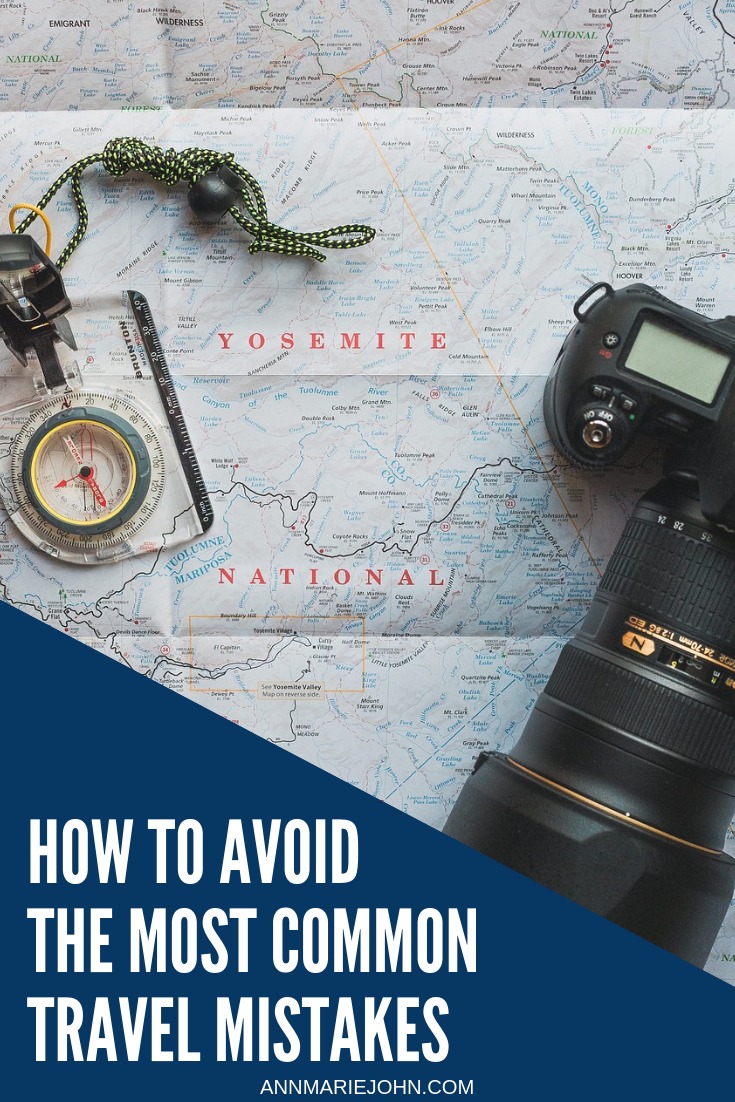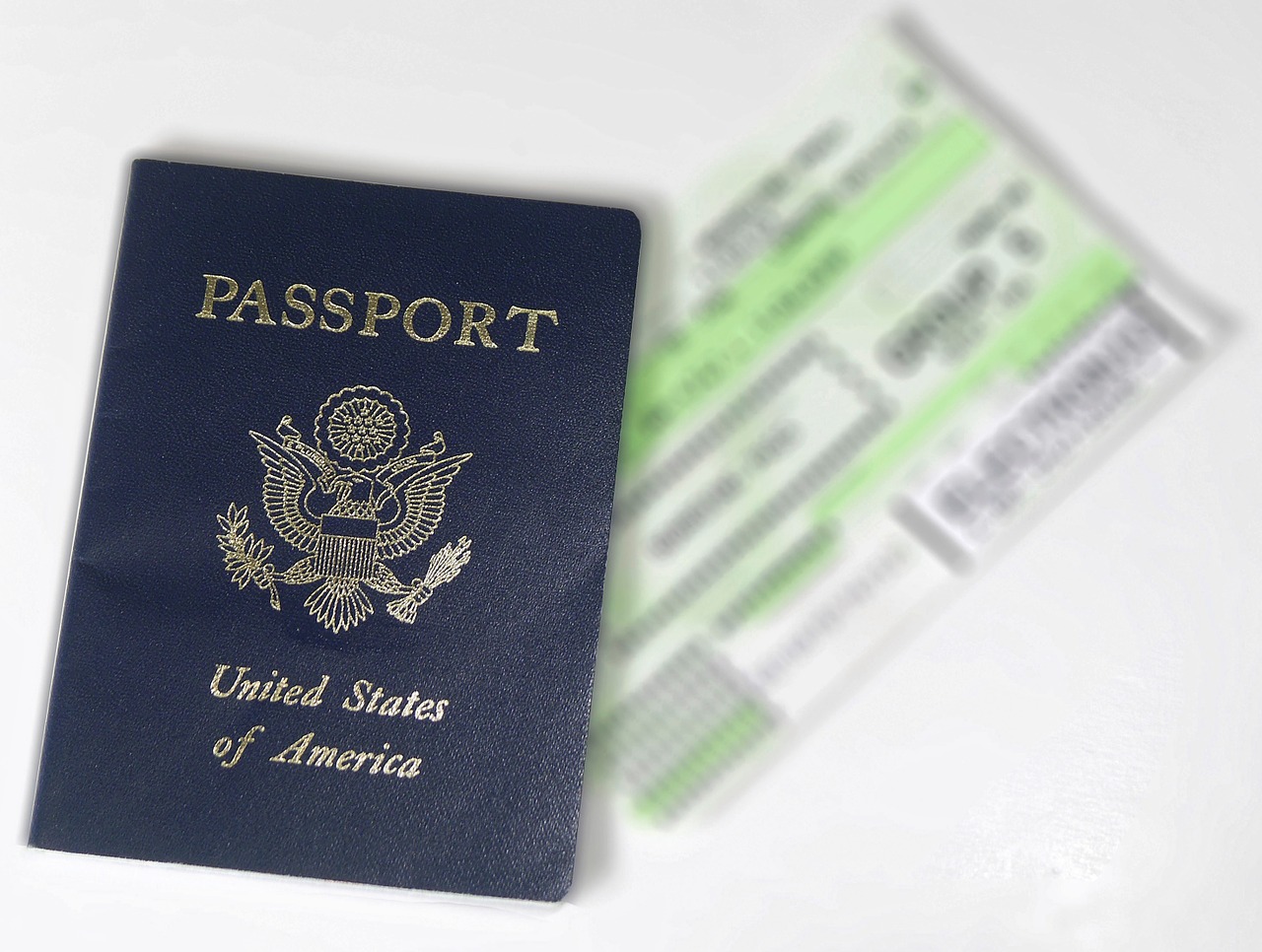
Traveling is hands down one of the best ways to gain new experiences. Planning a trip brings on this excitement and uncontrollable adrenaline, but it is imperative to plan for the worst. The more you prepare, the better you’ll feel, so here are some tips and tricks on how to avoid the most common travel mishaps during your next expedition.

Travel Mistake #1: Failing to Follow Your Financial Plan
Allocating a sufficient amount of money toward your trip is extremely important! You may be embarking on an excursion with what you think will be enough to spend, but it can be hard to control your wealth when there are so many new foods, places, and sites to see. After making a list of what you plan to contribute your money towards, make a promise to stick to your budget. If you’re in the pre-travel phase, plan ahead and look for a variety of ways to save extra money. Cut out additional costs leading up to the trip too— you can minimize the use of your credit card, explore a student loan refinancing service to cut down your college costs, or do online workouts at home to avoid paying extra for a monthly gym membership. You’ll be overjoyed at the difference analyzing your finances can make on your overall travel experience.
Travel Mistake #2: Overpacking
Needing a variety of outfit options is a popular excuse for individuals who overpack, but when it comes to dragging your belongings around with you, the sudden regret of bringing too many things may occur. Luckily, there are a number of options to better your packing process in exchange for a suitcase that can barely zip. Be strategic with the way you place items into the suitcase, and use packing cubes and compression bags to give yourself even more luggage space to work with. Not only will this keep your clothing, shoes, and other accessories organized, but it will also provide you with lighter luggage to avoid additional fees through baggage claim as well.

Travel Mistake #3: Losing Your Credit Card, Passport or License
Whether you lost track of a card by dropping it, leaving it somewhere or having had it stolen, it’s safe to say this is a situation you never want to mess around with. Forms of personal identification are not only valuable to you, but can become an asset for someone who participates in illegal activities. While walking around in a new place, always keep your belongings safe and in enclosed pockets that zip. If one of these items are even a little bit noticeable, you’ll run the risk of a pickpocket.
Travel Mistake #4: Traveling Without Insurance
A non-refundable travel arrangement is an instance you won’t ever want to experience– it’s money you spent on a trip you no longer can do, and unfortunately, there isn’t a way you can get it back. By purchasing travel insurance, you are able to cancel a travel plan and receive a refund. A conflicting situation, such as a family emergency, unexpected bad weather or sudden a change in plans could stop you from traveling. By having travel insurance as a backbone, you won’t have to deal with the overwhelming stress induced by a financial concern.

Travel Mistake #5: Missing Out on Travel Perks and Rewards
Almost everyday credit card company has a perk or reward linked to specific travel accommodation. Hotels, airlines, internet services, and entertainment options take full advantage of a traveler’s credit cards usage, and if you plan to swipe it, capitalize on the rewards you may be given. Many times, a free night stay, costless internet or earned airline mileage can bring you extra savings. Always check in with a travel credit card provider for additional information on how you can take advantage of certain travel perks.
Travel Mistake #6: Lacking Cultural Knowledge
Immersing yourself within a new culture can be tricky due to a language barrier, preferred food choices, or appearance. Standing out in a crowd can be quite intimidating, especially when a specific mannerism or phrase is said that could be offensive to some. Research the location, so you know how to present yourself when exploring the area and interacting with others. Look into investing in a pocket dictionary to use as a reference if you want to speak accurately to the locals. Experiencing a new culture can greatly connect you with others and will challenge you to adapt to an unfamiliar way of life.

